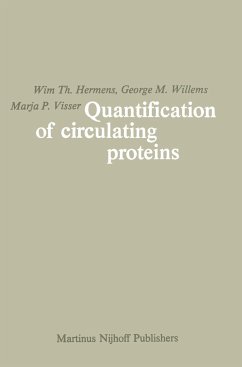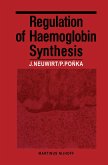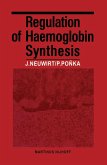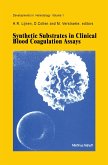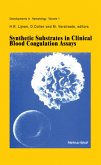Less than 50 years ago it was discovered that steady-state protein concentrations in plasma are the net result of continuous elimination and synthesis of protein molecules. The first quanti tative studies on the turnover and distribution of plasma pro teins were made around 1950, after the introduction of radio labeled protein preparations. Around 1970, another development in quantitative interpre tation of circulating proteins was initiated in clinical enzy mology. Estimation of cumulative release into plasma of cellular enzymes can be helpful in a variety of diseases to assess the extent of tissue damage and to evaluate therapy. Enzymes can be considered as biological tracers, i.e. minute quantities of protein can be accurately determined by their spe cific catalytic activities. However, radioactive tracers permit direct estimates of turnover and distr ibution by measurement of excreted radioactivity, possibilities that are not available for enzymes. Consequently, only a few techniques used in tracer studies with radiolabeled proteins can be applied to circulating tissue enzymes and this may explain the lack of communication between the fields of plasma protein metabolism and quantitative clinical enzymology. In the present study a summary is given of the basic methods used in both fields, with emphasis on the equivalence of various models and formalisms used by different authors. It is shown that major limitations in the study of circulating tissue enzymes can be overcome if two different, but simultaneously released, en zymes can be measured. The resulting method will also be applied to plasma protein metabolism.
Hinweis: Dieser Artikel kann nur an eine deutsche Lieferadresse ausgeliefert werden.
Hinweis: Dieser Artikel kann nur an eine deutsche Lieferadresse ausgeliefert werden.

